Contents
Guide
Pagebreaks of the print version
ON MY COUNTRY AND THE WORLD
MIKHAIL GORBACHEV
ON MY COUNTRY AND THE WORLD
Foreword to the Twentieth Anniversary Edition by William Taubman
Translated from Russian by George Shriver
COLUMBIA UNIVERSITY PRESS
NEW YORK

COLUMBIA UNIVERSITY PRESS
Publishers Since 1893
New York
Chichester, West Sussex
cup.columbia.edu
Copyright 2000, 2019 Mikhail Gorbachev
All rights reserved
E-ISBN 978-0-231-55106-9
Library of Congress Cataloging-in-Publication Data
Names: Gorbachev, Mikhail, author. | Shriver, George, translator. | Taubman, William, author of foreword.
Title: On my country and the world / Mikhail Gorbachev ; foreword to the Twentieth anniversary edition by William Taubman ; translated from Russian by George Shriver. Other titles: Razmyshl o proshlom i budushchem. English Description: Twentieth anniversary edition. | New York : Columbia University Press, [2019] | Includes bibliographical references and index.
o proshlom i budushchem. English Description: Twentieth anniversary edition. | New York : Columbia University Press, [2019] | Includes bibliographical references and index.
Identifiers: LCCN 2019025489 (print) | LCCN 2019025490 (ebook) | ISBN 9780231194884 (cloth) | ISBN 9780231194891 (paperback) | ISBN 9780231551069 (ebook)
Subjects: LCSH: Soviet UnionHistoryPhilosophy. | Russia (Federation)History 1991- Philosophy. | World politics1989- | Gorbachev, Mikhail Sergeevich, 1931- Political and social views.
Classification: LCC DK49 .G6713 2019 (print) | LCC DK49 (ebook) | DDC 947.084dc23
LC record available at https://lccn.loc.gov/2019025489
LC ebook record available at https://lccn.loc.gov/2019025490
A Columbia University Press E-book.
CUP would be pleased to hear about your reading experience with this e-book at .
Cover design: Milenda Nan Ok Lee
Cover image: Photo by Dirck Halstead / The LIFE Images Collection Getty Images
Two quotations on p. 40, one from Woodrow Wilson in early 1919 and one from a document reportedly approved by him on October 30, 1918, are retranslated from Russian. We were unable to find the original English wording. It is not, as best we can determine, in the 69-volume Papers of Woodrow Wilson, published by Princeton University Press.
The quotation from Victor Gordon Kieman on p. 43 is retranslated from the Russion. We were unable to locate the original English wording. (In almost all cases we have been able to verify the accuracy of the authors quotations, and have used original English wording wherever available.)Trans.
CONTENTS
William Taubman
William Taubman
M ikhail G orbachev changed his country and the world. As Soviet leader from 1985 through 1991, he destroyed what remained of Communist totalitarianism in the Soviet Union. He introduced free elections for the first time since 1917 and established a functioning parliament to replace the rubber-stamp Supreme Soviet. He initiated glasnost (an ethos of openness in politics and society) and turned it into genuinely free speech. More than any other world leader, he helped to end the Cold War.
But Gorbachevs noble project fell short in the end. Seeking to democratize the USSR, he ended up presiding over its collapsea few days before he himself was forced to leave office. Since then, Russia has reverted to authoritarianism and the world has descended into a new cold war.
What exactly was Gorbachev trying to accomplish at home and abroad and why? Could the Soviet collapse have been avoidedand if so, how? What are the lessons of his and his countrys experience for the future? Gorbachevs own answers to these questions are in this book, the third version of a volume he first wrote in the summer of 1987.
In 1987, two years into his reign as Soviet leader, American publishers had proposed that Gorbachev write a book. Several of his close advisers suggested publishing a collection of his speeches instead, but Gorbachev insisted on composing a book. That spring his close aide Anatoly Chernyaev gathered material from notes on Politburo meetings and Gorbachevs private conversations, as well as from his speeches.
In August of that year, Gorbachev went on vacation for nearly a month by the Black Sea near Yalta in Crimea. All sorts of business, urgent and routine, crowded in on him, but he made sure to read Karl Marxs Economic and Philosophical Manuscripts of 1844 (noting to an aide that the great man had not entirely rejected private property) and devoted much of his time to writing his book, Perestroika: New Thinking for Our Country and the World. According to Chernyaev, who worked with him on the book that summer, Gorbachev threw himself into the project with passion; he dictated and re-dictated several drafts while sitting on the terrace in the sun, discussed how the book moved through its major sections, and delayed his return to Moscow for more than a week to complete the manuscript.
To those in the Soviet Union who had been following Gorbachevs policy pronouncements closely, the book wasnt a revelation. But its appearance in 19871988, in what the publisher called all the principal languages and countries in the world, was a sensation. Gorbachev rejoiced that the book would help win the Wests trust, which in turn would help him to transform international relations. Concerned about how his colleagues in the Kremlins allegedly collective leadership would react to such a personal project, he showed the manuscript to some of them. He received no critical comments, even from those who had already begun to worry that his reforms were going to too far too fast, but he received no enthusiastic approval either. In sharp contrast, President Ronald Reagan, who until 1985 had been warning the world about Soviet expansionism and arming the United States to resist, would soon tell interviewers that he had read Gorbachevs new book and that it made him optimistic about the future.
What had Gorbachev done during his first two years in office that merited the book and the commotion it caused in the West? Initially, after taking power in March 1985, his most drastic innovation was a stunning change in leadership style. In contrast to his three aged, ill predecessors, all of whom died within a short three-year span, Gorbachev was the picture of strength and energy. He traveled the country, mixed with people in the streets and in factories, and stimulated vigorous discussions at Politburo meetings, which had turned into short, sterile, pro forma sessions under his predecessors. His initial economic reforms were modest, but he introduced glasnost and at his second summit meeting with Reagan in Reykjavik in October 1986, the two leaders nearly agreed to abolish nuclear weapons.
All this and more was reflected in Perestroika. The books first part was devoted to perestroika, which literally means restructuring, but became a catchphrase for all Gorbachevs domestic reforms. Gorbachev explored perestroikas origins, essence and revolutionary character, its commitment to decentralization, and its first steps along what he hoped would be the road to democratization. Perestroikas second part, about New Thinking and the World, summarized Gorbachevs rejection of the standard Soviet view of the Cold War as a struggle between capitalist and socialist camps with at most a fragile peaceful coexistence possible between them. Next, Gorbachev outlined his hopes to end the Cold War by achieving more equal relations with Soviet allies in the socialist world, closer cooperation with Third World, progress toward turning Europe into our common home, and real disarmament with the United States.


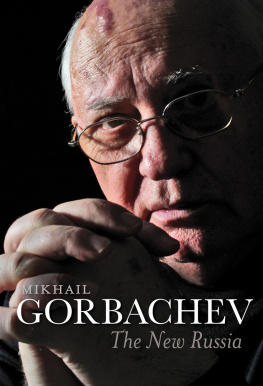
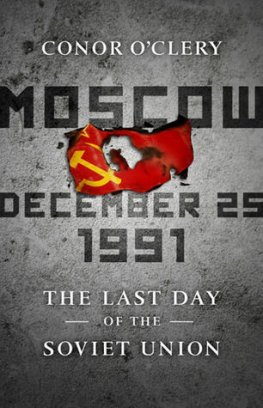
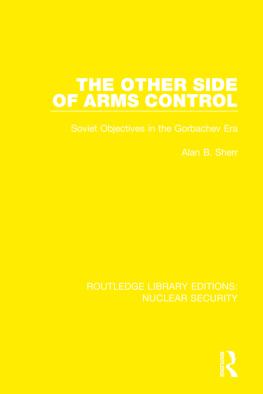
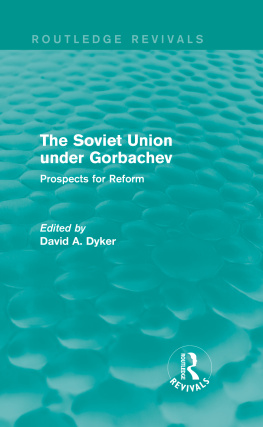
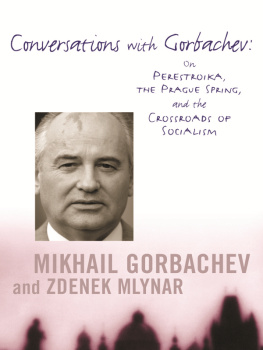
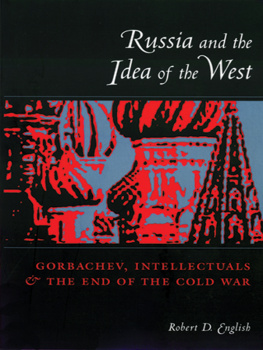
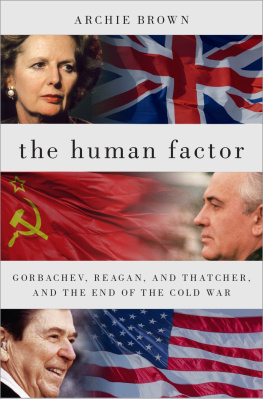
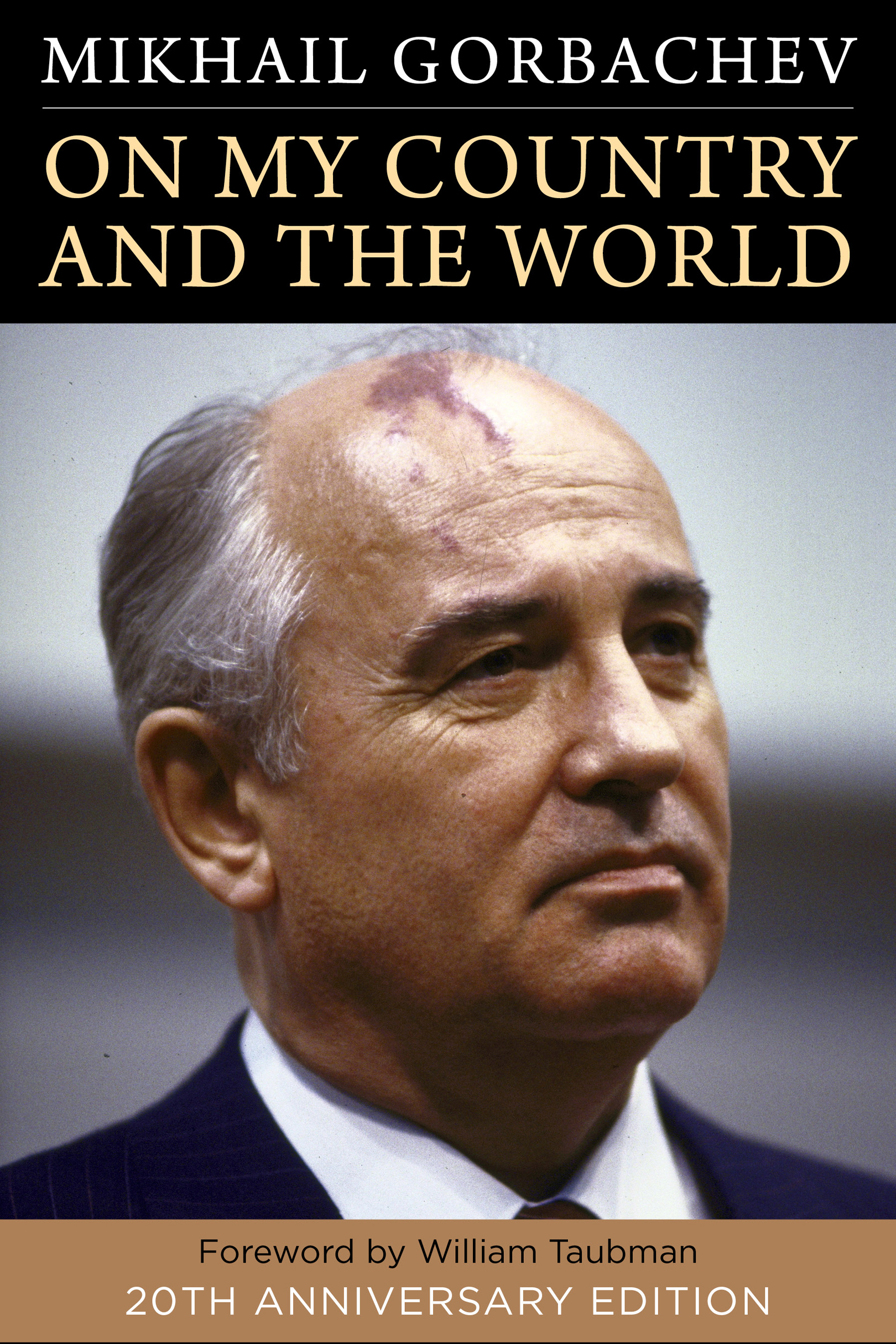

 o proshlom i budushchem. English Description: Twentieth anniversary edition. | New York : Columbia University Press, [2019] | Includes bibliographical references and index.
o proshlom i budushchem. English Description: Twentieth anniversary edition. | New York : Columbia University Press, [2019] | Includes bibliographical references and index.